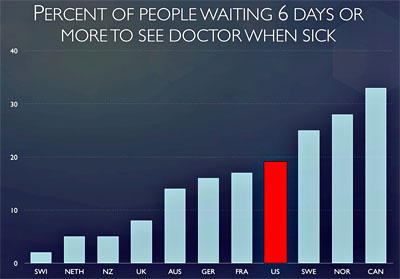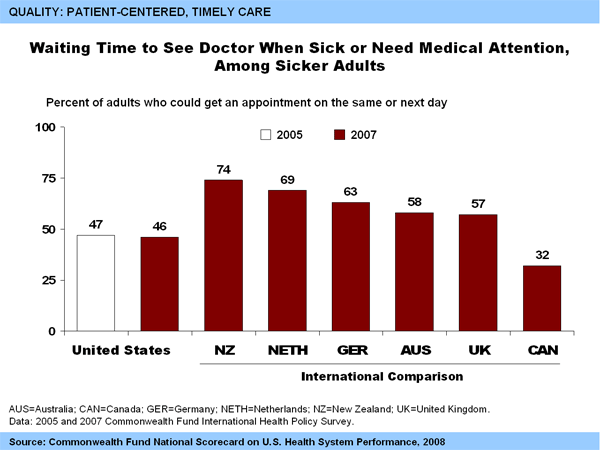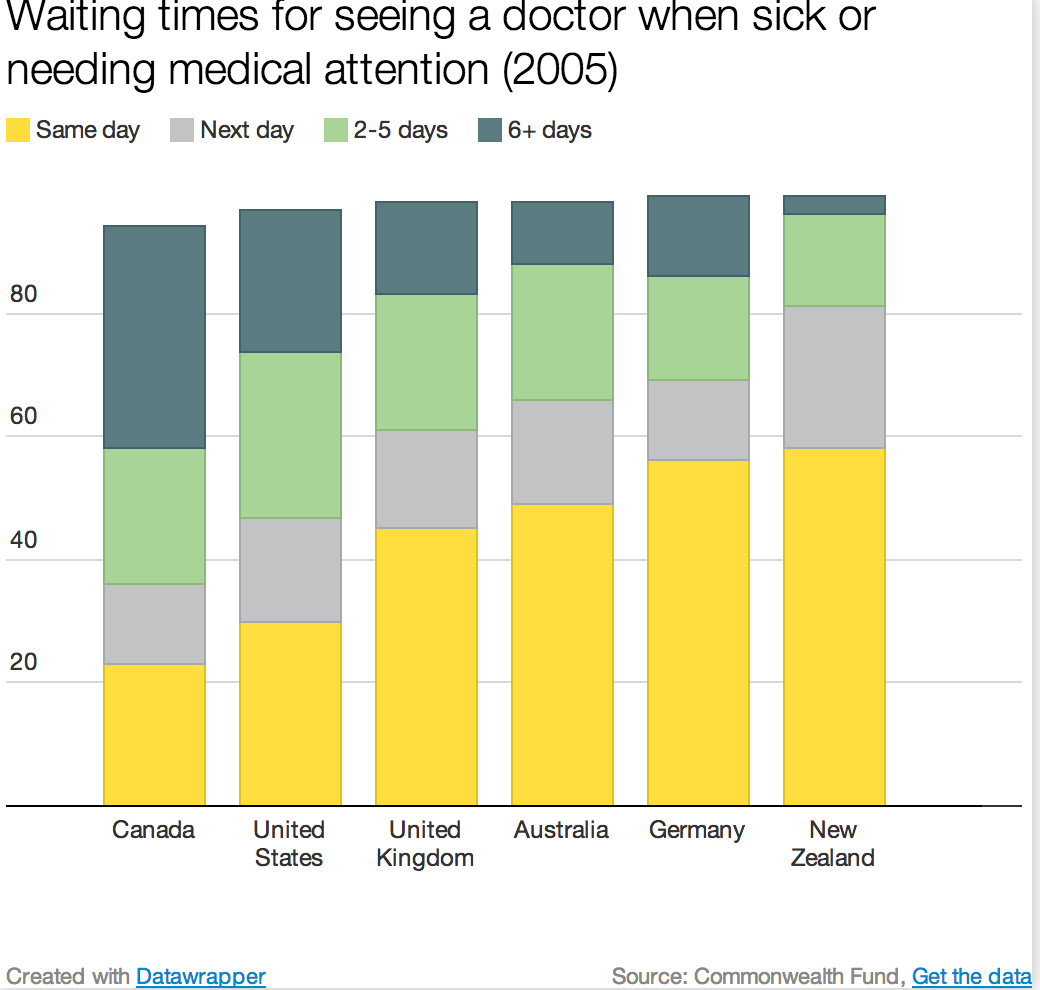Red Badger
Thinks s/he gets paid by the post
In Texas Whataburger will advertise 15 times a night that the Monterey Melt sandwich is gooooood for your belly. But they do not tell you it’s 1,000 calories. Require calorie/fat content on all food advertisements!
Better yet, implement a fat tax! Every year when you do your taxes, you go to a body mass index table and depending on your weight, you get a fat tax. That would fix the obesity problem in the U.S.A. in a few years.
And that tax dovetails nicely with a size wise check at the airport gate. Not for your bag, but for your ass. Don't fit through the cattle chute? Buy a second ticket.







